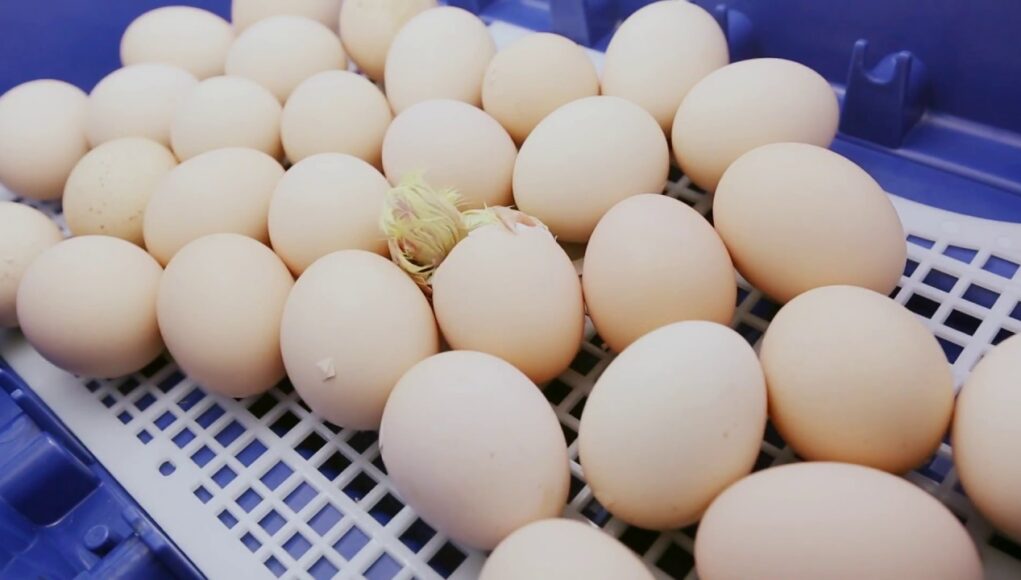For many chicken enthusiasts, the process of hatching eggs can be both exciting and daunting. However, there are numerous myths and misconceptions about egg hatching that can lead to confusion or mistakes. In this article, we will explore these myths and provide clarity on what is truly needed for successful egg incubation and hatching.

Understanding Hatching Myths
Before diving into the myths, it’s important to understand that hatching eggs requires patience, precision, and care. Misinformation can lead to poor hatching results, so it’s vital to rely on accurate knowledge. Let’s debunk some common hatching myths that often circulate among chicken lovers.
Myth 1: All Eggs Are Fertile
One of the most common misconceptions is that all eggs are fertile and ready to hatch. However, only eggs that have been fertilized by a rooster have the potential to develop into chicks. It is essential to source eggs from a reliable breeder or check for fertility before incubation.
How to Identify Fertile Eggs
To determine if an egg is fertile, you can perform a simple candling test. This involves holding a light source against the egg to check for signs of embryo development. For more detailed guidance, you can visit best practice for egg collection.
Myth 2: Eggs Can Be Incubated Anywhere
Many people believe that eggs can be incubated in any environment. However, maintaining the correct temperature and humidity levels is crucial for successful incubation. Eggs need a consistent temperature of around 99.5F and proper humidity to develop properly.
Importance of Controlled Environment
Using a reliable incubator is essential for controlling these conditions. For tips on managing humidity, check out our humidity hacks.
Myth 3: Turning Eggs Is Unnecessary
Another myth is that eggs do not need to be turned during incubation. In reality, turning eggs is crucial to ensure even heat distribution and prevent the yolk from sticking to the shell.
How Often to Turn Eggs
Eggs should be turned several times a day, ideally every few hours. This mimics the natural behavior of a hen. For more on the turning process, read our troubleshooting guide.
Myth 4: All Eggs Hatch at the Same Time
It is often assumed that all eggs will hatch simultaneously. However, hatching times can vary based on factors such as egg size, breed, and incubation conditions. Patience is key, as some eggs may take longer to hatch than others.
Factors Affecting Hatching Times
Understanding these factors can help set realistic expectations. For more insights into the hatching process, explore our guide on incubating chicken eggs.
Myth 5: Assisted Hatching Is Safe
Some believe that helping a chick break free from its shell is safe and beneficial. However, interfering with the hatching process can harm the chick and reduce its chances of survival.
When to Assist and When to Wait
It’s important to let nature take its course unless absolutely necessary. For more advice on when to intervene, see our incubating eggs guide.
Myth 6: Incubators Are Foolproof
While incubators are highly effective, they are not foolproof. Regular monitoring and adjustments are necessary to ensure ideal conditions. Technology can fail, so it’s important to be vigilant.
How to Monitor Incubator Conditions
Keep a close eye on temperature and humidity levels, and adjust settings as needed. For a comprehensive overview, check out our egg incubator guide.
Myth 7: Chicks Need Immediate Food and Water
Many new hatchers believe chicks need food and water immediately after hatching. In reality, chicks can survive for up to 72 hours without food or water, as they absorb the yolk sac’s nutrients before hatching.
When to Introduce Food and Water
Introduce food and water gradually once the chicks have fluffed up and are more active. This ensures they are ready to begin eating and drinking.
Conclusion: Debunking Myths for Better Hatching
By understanding and debunking these common hatching myths, chicken lovers can increase their success rates and enjoy the rewarding experience of raising chicks. Always rely on accurate information and continue learning to improve your hatching skills.

Frequently Asked Questions
What temperature should eggs be incubated at?
Eggs should be incubated at a consistent temperature of 99.5F to ensure proper development.
How important is humidity in incubation?
Humidity is crucial for preventing the eggshell from drying out and ensuring the chick can hatch successfully.
When should I stop turning the eggs?
Stop turning the eggs three days before the expected hatch date to allow the chick to position itself for hatching.
This article contains affiliate links. We may earn a commission at no extra cost to you.











